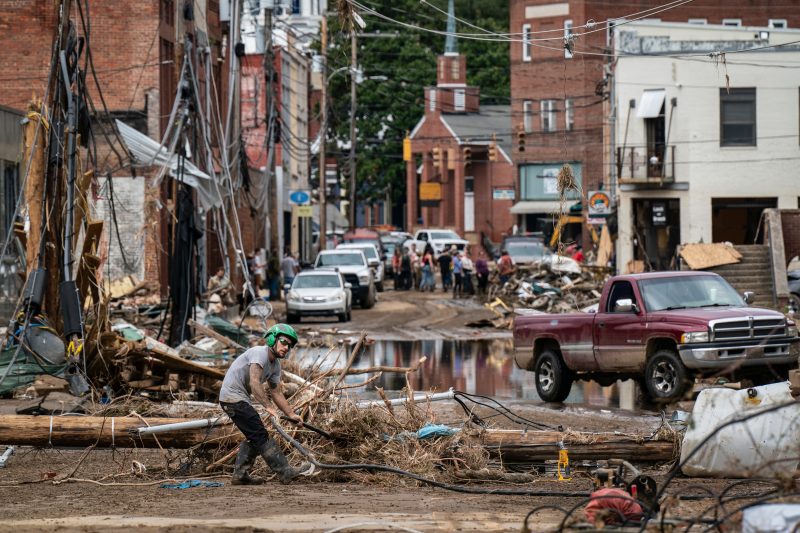The Relationship Between Natural Disasters and Political Influence
Hurricane season in the United States carries a significant impact beyond the immediate destruction it causes. One aspect that is often overlooked is how natural disasters like hurricanes can become a deciding factor in political elections. The 2024 election year is fascinating in this regard, as hurricanes have the potential to shift the political landscape.
The aftermath of hurricanes can put pressure on political leaders to respond effectively and compassionately. A poor response to a natural disaster can result in public backlash and undermine the credibility of politicians. On the other hand, a well-coordinated and empathetic response can bolster a politician’s image and increase their popularity among the affected population.
The power of hurricanes to influence elections lies in their ability to expose vulnerabilities in government response systems. When a hurricane hits, it lays bare any shortcomings in disaster preparedness, response coordination, and infrastructure resilience. If these deficiencies are not addressed promptly and effectively, voters are likely to hold elected officials accountable at the ballot box.
Additionally, the distribution of disaster relief and recovery funds can become a contentious issue during election campaigns. Politicians who are perceived as prioritizing certain regions or populations over others in the allocation of resources risk alienating voters and facing electoral consequences. The equitable and transparent distribution of aid in the aftermath of a hurricane is crucial for maintaining public trust in government institutions.
Moreover, the economic impact of hurricanes can have long-term political implications. The destruction of homes, businesses, and infrastructure can lead to job losses, economic instability, and social unrest. In such circumstances, voters may seek political leaders who offer viable solutions for rebuilding and revitalizing affected communities.
In conclusion, hurricanes have the potential to emerge as a significant factor shaping the political landscape in election years. Politicians must be prepared to respond effectively to natural disasters, address the needs of affected populations, and allocate resources fairly to avoid negative electoral consequences. Ultimately, the way in which leaders handle the aftermath of hurricanes can significantly influence voter perceptions and decisions at the polls.
